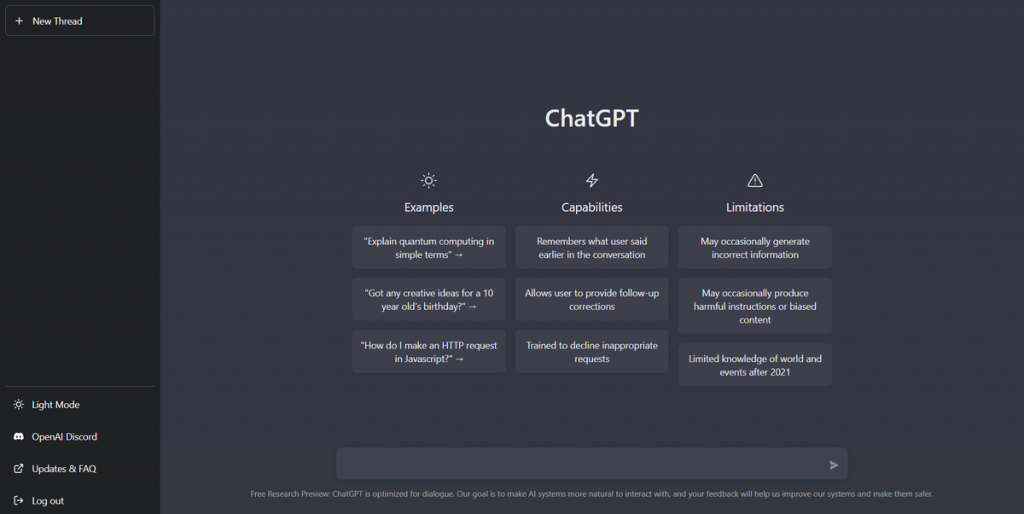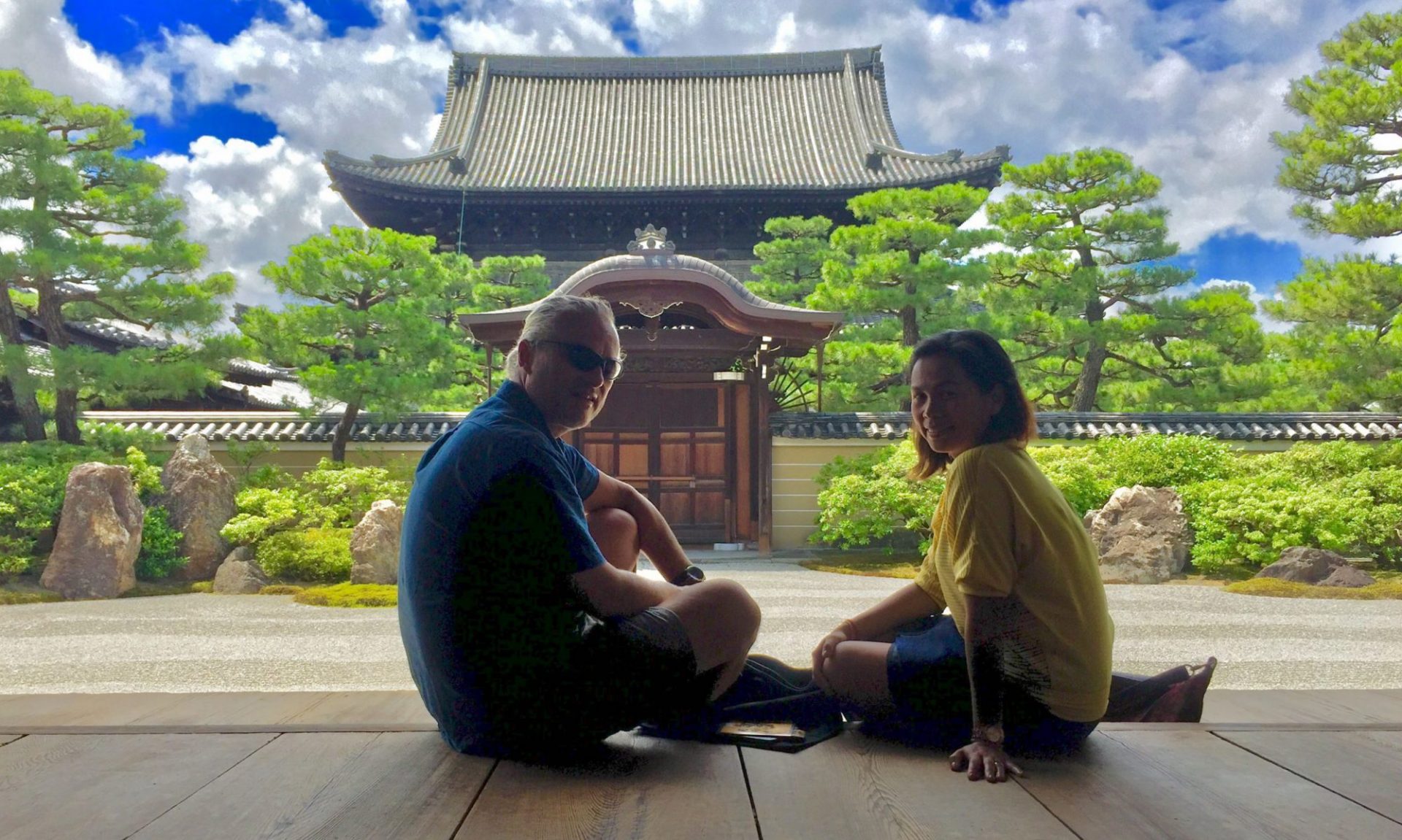
In my previous life I worked extensively in Film & TV around the world. I loved it, but that 24/7 lifestyle is exhausting – and so, in my mid 40-ties, I became a teacher. I got my life back: now I spend my evenings and weekends with family and friends instead of working. I visit events like IDFA and IFFR to meet friends and colleagues, and earned a PhD.
As a teacher I have the choice to work on my projects or collaborate with others on their work. Doing this allows me to keep my expertise up to date and pass it on to my students. All this makes me a ‘unicorn’ teacher, someone with a robust understanding of the industry and the didactical skills needed to bring this knowledge into the classroom.
Over the last few years I observed the arrival of an ideology in academia that focuses more on processes and study options and less on expertise. I see this development critical. For example, my PhD supervisor was a qualified and reputable filmmaker. Her expertise was invaluable to me. Supervision time with her was a dream come true. This new practice has replaced that expert with someone who understands the process, but who is not necessarily an expert. Experts are still available, but only by appointment. A relationship never really develops.
I also question the wisdom of offering too many study options during the third and fourth year of study. In my view the student never has the opportunity to become a real expert, and to specialise. Instead knowledge remains diffused and broad. As a result, peer feedback from students is very encouraging and positive in tone. But it is not rooted in the robust expertise needed to provide valuable in-depth feedback. There is a reason why students are students – unlike experts they have not worked for many years in the industry.
AI will put this system to the test. For example, I am not an expert in marketing. I can not determine if a marketing research report is creating new value or presents new knowledge. I just don’t know enough about marketing to make that determination, I am not a marketing expert.
AI’s like ChatGPT upend all this. I have seen how ChatGPT can write an entire marketing research report. As a non-expert in marketing I could easily be fooled into accepting this report as the original work of a student. It is near impossible to detect if the report was written by an AI if the student runs the report through a paraphrasing software.
Only an expert in the field can spot that difference. As a Film & TV expert I can identify the vague details of a report in my field. But I have to be on top of my game to remain that expert, or students and an AI will swiftly outwit me.
Academics, examiners in particular, will be challenged by this new technology. They will be required to stay up to date – or be caught out by AI technologies. Eventually the use of AI technologies will be regulated so that examiners can be certain that the work presented is the original idea of the student.
A system that prefers non-experts over experts will be put to the test. The AI will disrupt the status quo, it will cause some pain, but it will improve our education. And that is a good thing.

